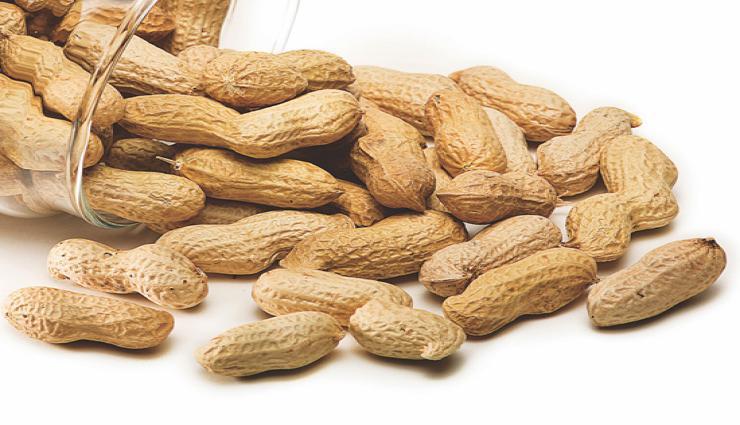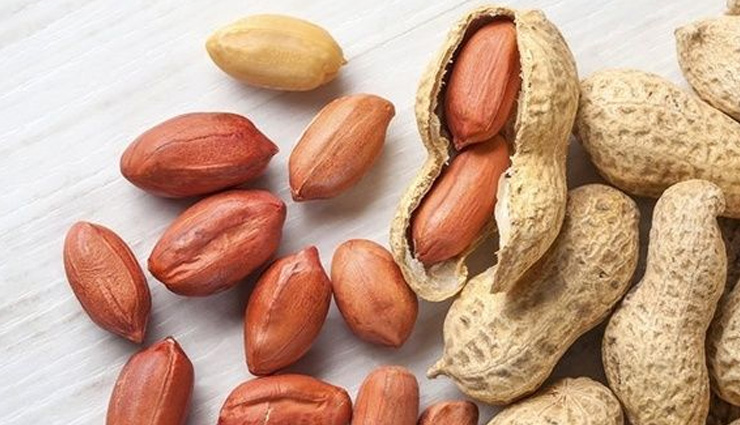- Home›
- Healthy Living›
- 5 Amazing Benefits Of Eating Ground Nuts
5 Amazing Benefits Of Eating Ground Nuts
By: Priyanka Maheshwari Fri, 07 Feb 2020 6:22:45

Groundnuts, also known as peanuts, are considered a very healthy snack. Although small in size it plays a vital nutritional role and contains amazing health benefits. As the stalks grow, they start to droop to the ground. When the pods begin to form, they slowly force their way underground, ultimately maturing under the soil, forcing the farmer to dig the netted, tan colored pods up. It is possible that peanuts developed this growth habit as a method of protection from hot tropical sun, since they have thin pods. Once the peanut pods are harvested, the plant is removed, and typically used for animal fodder.
# Helps Promote Fertility (Folate) Peanuts contain a good amount of folate. Repeated studies have shown that women who had a daily intake of 400 micrograms of folic acid before and during early pregnancy reduced their risk of having a baby born with a serious neural tube defect by up to 70%.

# Helps Fight Depression (Tryptophan) Peanuts are good sources of tryptophan, an essential amino acid which is important for the production of serotonin, one of the key brain chemicals involved in mood regulation. When depression occurs, a decreased amount of serotonin may be released from the nerve cells in the brain. Tryptophan may raise serotonin’s antidepressant effects when there is an increased amount of serotonin in the blood.
# It’s a natural man power food; it’s amazing to know that groundnut can actually increase your stamina in bed and make you last longer than you can imagine.
# Boosts Memory Power (Vitamin B3) Do you know what can be found in peanuts that gave them the “brain food” tag? This is due to their vitamin B3 or niacin content whose many health benefits include normal brain functioning and boosting memory power.
# Aids in Blood Sugar Regulation (Manganese) One fourth cup of peanuts can supply the body with 35% of the DV of manganese, a mineral which plays a role in fat and carbohydrate metabolism, calcium absorption, and blood sugar regulation.





